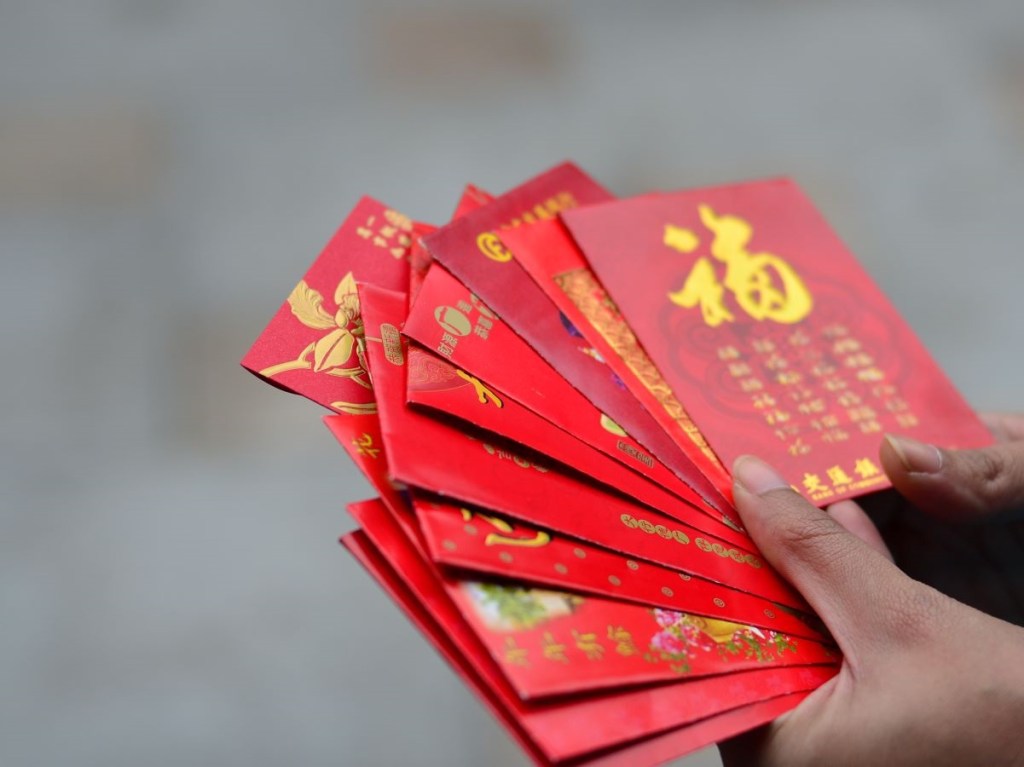Red packets just hit CBDCs in China. Yay for Chinese New Year, but what is the bigger picture here?
2023 is the Year of the Rabbit in China, according to the Chinese zodiac. The stars predict this will be a year of peace, prosperity, and good fortune. Ideally, this could mean that a bull market is on the way. Or at least a rabbit market, that sounds pretty cute.
Chinese New Year will take place this year on Sunday the 22nd of January. The Chinese community will be cleaning their homes and putting out the red lanterns to bring luck to themselves. They will also hand out the “red packets”.
Red packets, also known as ‘hongbao’ in China, are small envelopes containing cash that are given as gifts during Chinese New Year. They are usually given to children, but adults often give them to each other too, to spread good luck.
In the past, red packets were physical envelopes that were given in person. But with the rise of digital payments, virtual red packets are becoming mainstream. Using WeChat Pay and Alipay, users can now send and receive digital red packets.
CBDCs and red packets
The Chinese central bank digital currency (CBDC), also known as the digital yuan, is a digital version of China’s currency, the renminbi. It is issued by the country’s central bank, and is designed to be used instead of cash. It is stored in digital wallets on a user’s mobile phone. Users can then transfer digital yuan from their wallet to another person’s wallet or use it to make payments in shops.
Now the overlords of China are letting the thousand-year-old Lunar New Year tradition of “red packets” be used via the CBDC wallets, just like WeChat and Alipay do. Users can now transfer red packets to family and friends while wishing them well. Well, that’s the theory anyway.
According to the South China Morning Post, the “red packets” are a move that hopes to stimulate use of the CBDC. The reality is that the digital Yuan is having problems getting traction and hasn’t seen the popularity that was expected of it. Will functions like digital red packets change this?
Suspicions of CBDCs
After the riots in China against severe Covid-19 policies, it can be assumed that the mood in China is not one that will tolerate more control.
Sceptics of CBDCs claim that these new currencies could enhance further control by governments, with others fearing that the digital yuan will have an expiry date, meaning that if the money is not spent by its users within a certain time (to stimulate the economy), the government could take it.
China already monitors people closely, maintaining a social credit system that seems wildly dystopian to anyone not from China itself.
The digital yuan gives the central bank more control over the monetary system, which could potentially be used to manipulate the economy or exert more control over citizens.
While the virtual ‘red packets’ seem like a cute idea, it might not be enough for citizens to be convinced to onboard with the digital Yuan.
How Chinese overlords control their CBDC will be a great litmus test for other countries and their citizens. What could possibly go wrong? Er…



